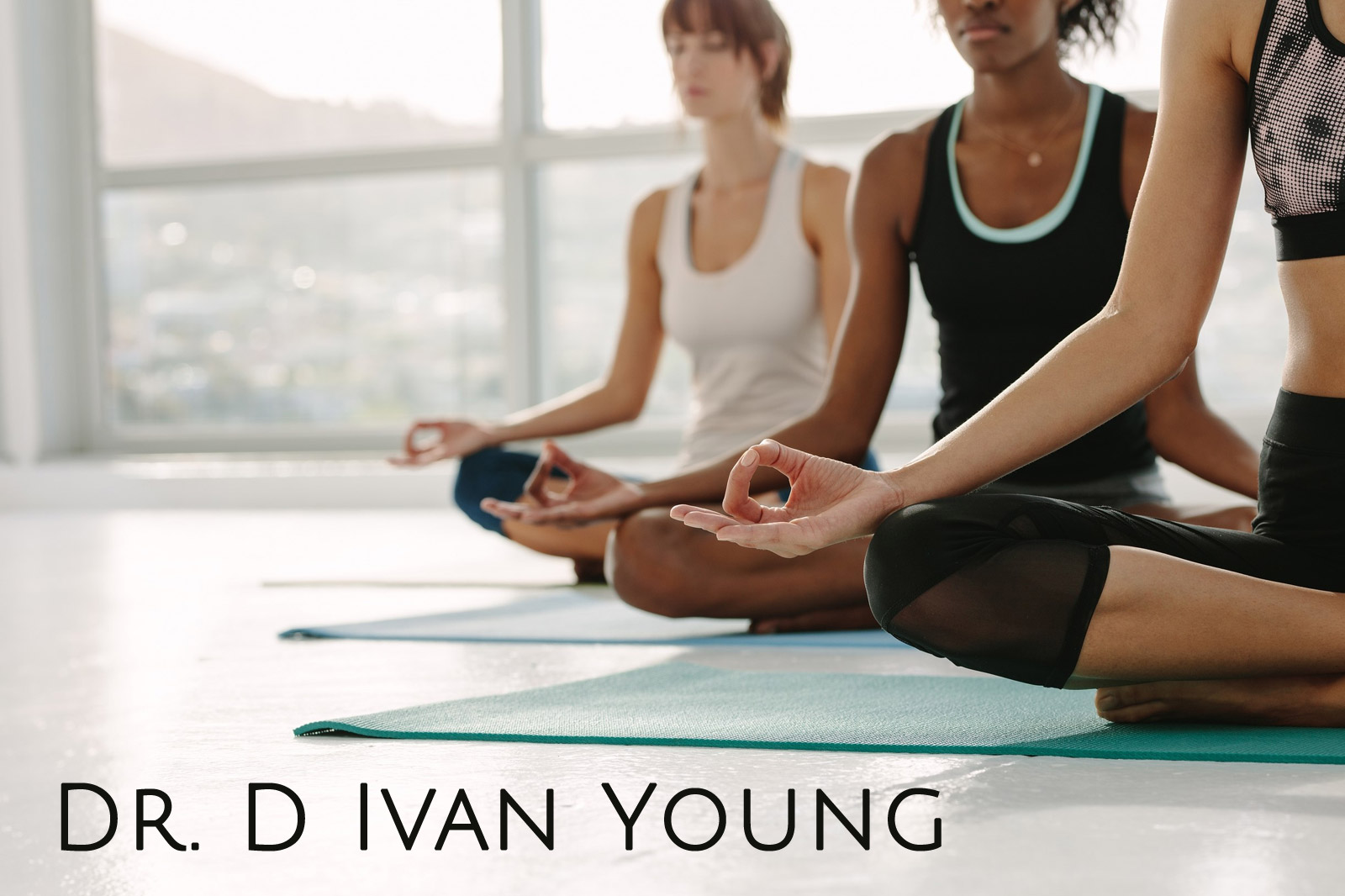Life can be full of stress and anxiety, but there are many ways to deal with these negative emotions. One technique that has received a lot of attention lately is meditation. While it’s a very old practice, doctors and therapists have only begun to realize the full benefits of meditation within the last few years. If you’re new to this practice, you may be wondering how to meditate to achieve the best results. Fortunately, it’s fairly simple to learn, although it takes practice.
What Is Meditation?
Before learning how to meditate, you should start with an understanding of what it really is. It began as a spiritual practice thousands of years ago, and it is an important part of several Eastern religions, such as Hinduism and Buddhism. However, people from any religious or cultural background can learn how to meditate.
The goal of meditation is to calm your emotions and focus your thoughts on the present moment. Many people find that this helps them think clearly and gain a sense of perspective. There are many different schools of thoughts about how to meditate, but in general, the idea is to stop thinking about the past or the future and to ground yourself in whatever is happening around you now.
About Mindfulness
There is one very important concept to understand as you learn how to meditate: mindfulness. When you are practicing mindfulness, you are taking in every detail you can about the world around you. This means focusing on all of your senses: what you can see right now, what you can hear, and so on. It also means being aware of what is happening in your mind and body: what emotions do you feel? What thoughts are you having?
One thing that can be challenging about learning how to meditate is that mindfulness should never be judgmental. The idea is to recognize what is happening without deciding that each sensation or thought is “good” or “bad.” It can take a lot of practice to achieve this, since letting go of our opinions, even for a moment, is difficult for most of us. However, if you are willing to keep practicing, you can learn how to meditate from a place of calm and acceptance.
What Are Some Meditation Techniques?
Over the years, people have developed many different ways to practice meditation. This means that you can experiment with different methods to decide which one works best for you. Some meditation techniques that are worth exploring include:
- Sitting still. The most common way to meditate is to find a calm, quiet place where you can sit and be alone with your thoughts for awhile. Some people can calmly sit for hours, but when you’re first learning how to meditate, it’s usually best to start with shorter sessions. Sitting for half an hour or even fifteen minutes at a time can help you get into the habit of being still.
- Guided meditation. Some people find it too difficult to focus their thoughts without a little assistance, at least in the beginning. In a guided meditation session, an instructor or counselor will sit with you and describe soothing imagery or offer words of empowerment for you to focus on.
- Focused thinking. For some people, focusing on something specific while meditating works better than letting their minds wander. For example, you may pay close attention to your breathing by counting and timing your breaths. You may prefer to find an object in your surroundings to inspect closely, or choose a mantra to repeat to yourself.
- Active meditation. Sometimes people studying how to meditate are surprised to learn that you don’t necessarily have to sit through the entire session. You can focus on inner stillness and calm even while your body is moving. Almost anything can be a kind of meditation if you do it with mindfulness, such as cleaning your house, taking a walk, or working in your garden.
There are many resources out there for people who want to learn how to meditate. You can study on your own with books and websites, find a local community center to practice with others, or receive one-on-one instruction with a teacher or life coach. Of course, if you’re very interested, you can even do all three.
Why Should I Meditate?
Mediation may be a simple concept, but it can also be tricky to practice. For many people, however, knowing how to meditate is worth the effort. Just a few of the many benefits include:
- Reduced anxiety
- Improved self awareness
- Increased patience and empathy (which can improve personal relationships)
- Better sleep
- Pain management
People can enjoy these benefits no matter what kind of meditation they practice, whether it is spiritual or secular. If you are struggling with high levels of stress, chronic anxiety, insomnia, or many other issues, learning how to meditate could be very beneficial.
